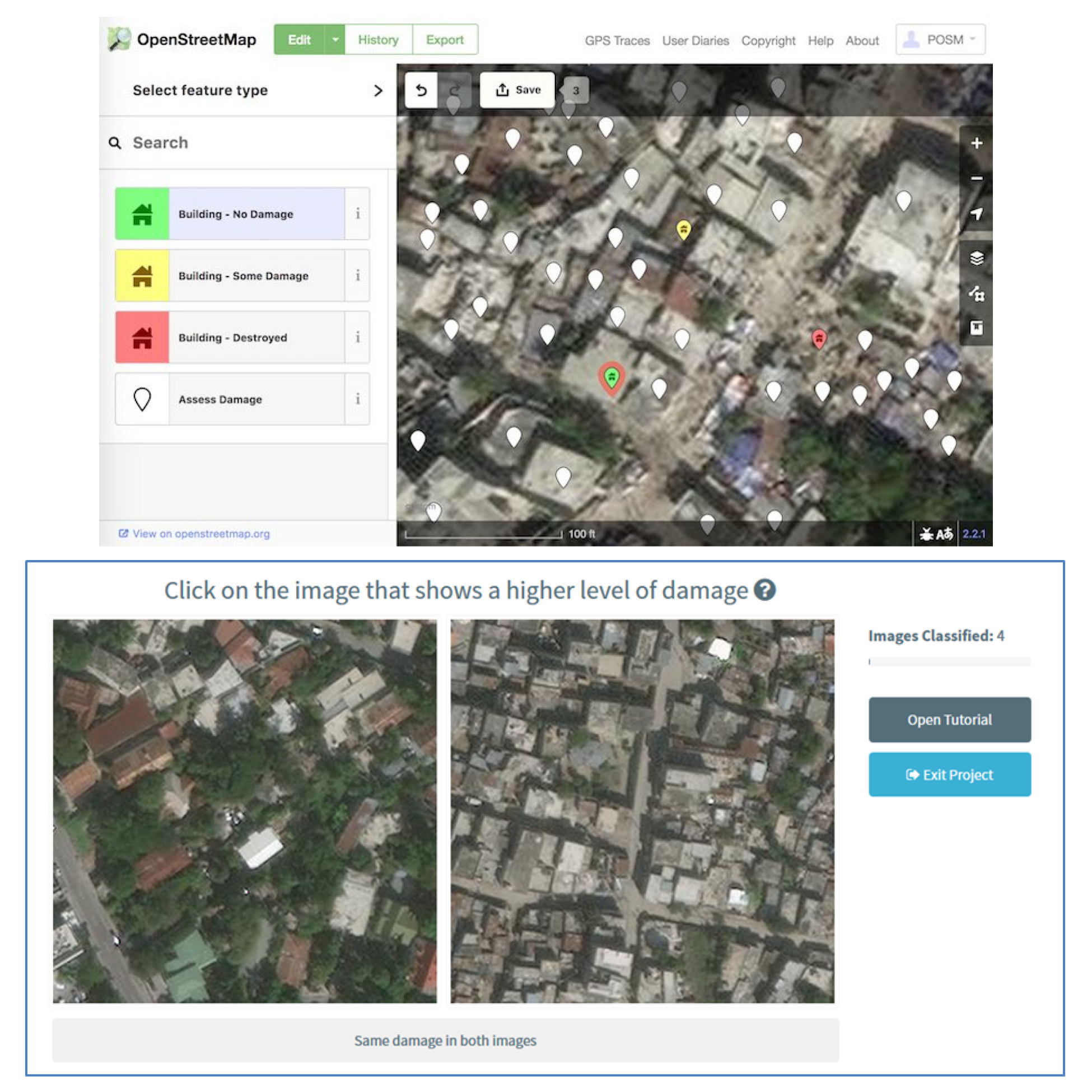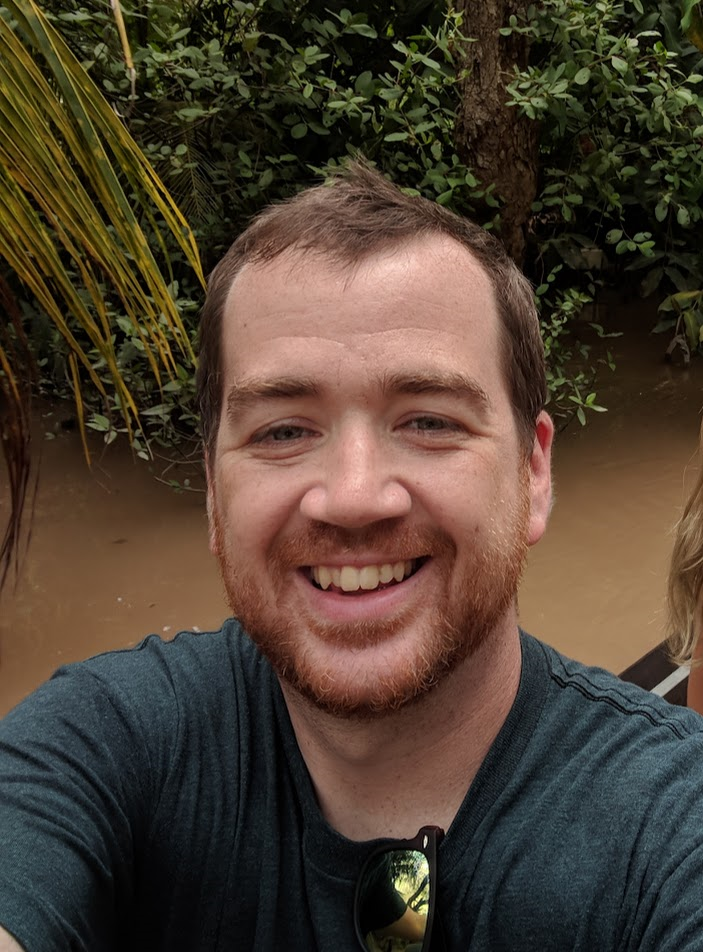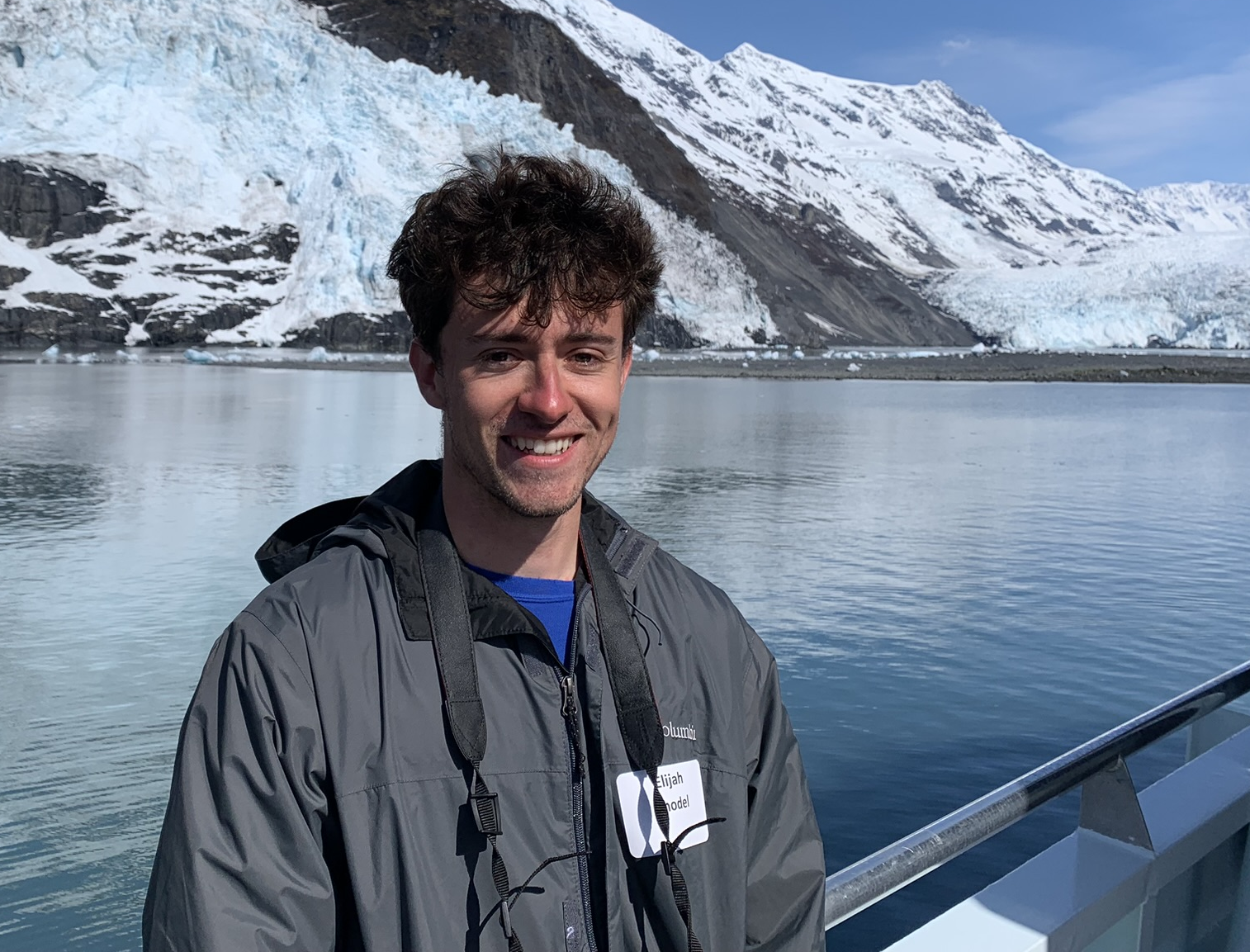Projects
As natural hazards are becoming more frequent, insurance companies are withdrawing from high-risk areas in the United States, leaving homeowners without adequate financial protection. While parametric insurance presents a potential solution by offering rapid payouts based on predefined hazard triggers, its adoption by communities and households remains limited due to multiple factors, including potential misalignment between what payouts are provided and community expectations. This study aims to explore the feasibility of reciprocal parametric insurance at the community level, working with households, business owners, and city planners in Sarasota, FL.
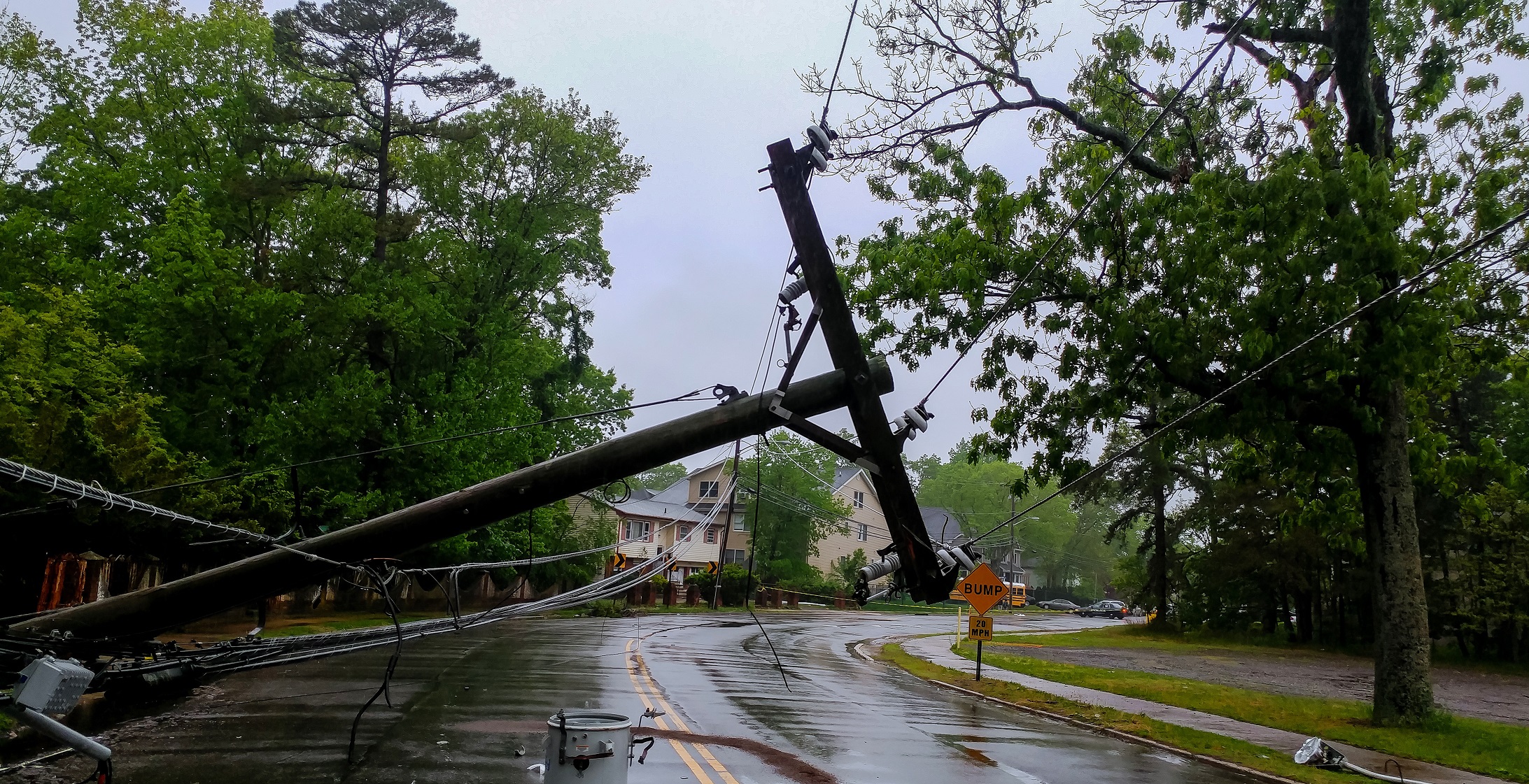
Examining Community Needs for Reciprocal Parametric Insurance
This study aims to address gaps in understanding regarding the effective implementation of AI into emergency dispatch infrastructure by identifying barriers to AI implementation in dispatch systems and addressing potential biases by controlling for the identified obstacles. By leveraging large language models, the study seeks to take the insights gained from regional dispatcher interviews and develop advanced bots capable of responding to non-emergency events with human-like text (e.g., creating prompts that mimic operator responses to gather detailed information from callers), while actively mitigating potential biases present in the model and evaluating its effectiveness via algorithmic fairness testing metrics.

Deploying AI for Emergency Dispatch Services
Climate change is linked to more intense rainfall leading to more frequent flooding, but we do not understand how populations, especially rural populations, who are repeatedly exposed to such flooding are impacted over the long run. The gap in understanding of the long-term consequences of recurrent flooding on rural populations is partly due to how disasters are quantified and aggregated, where governments often report large disasters that occur in urban areas and cause greater direct losses. This project will approach the challenge of understanding the long-term, cumulative impacts of recurrent flooding associated with climate change on rural populations through a multilevel convergencebased framework that leverages social science-based methods to inform engineering research, and vice versa.
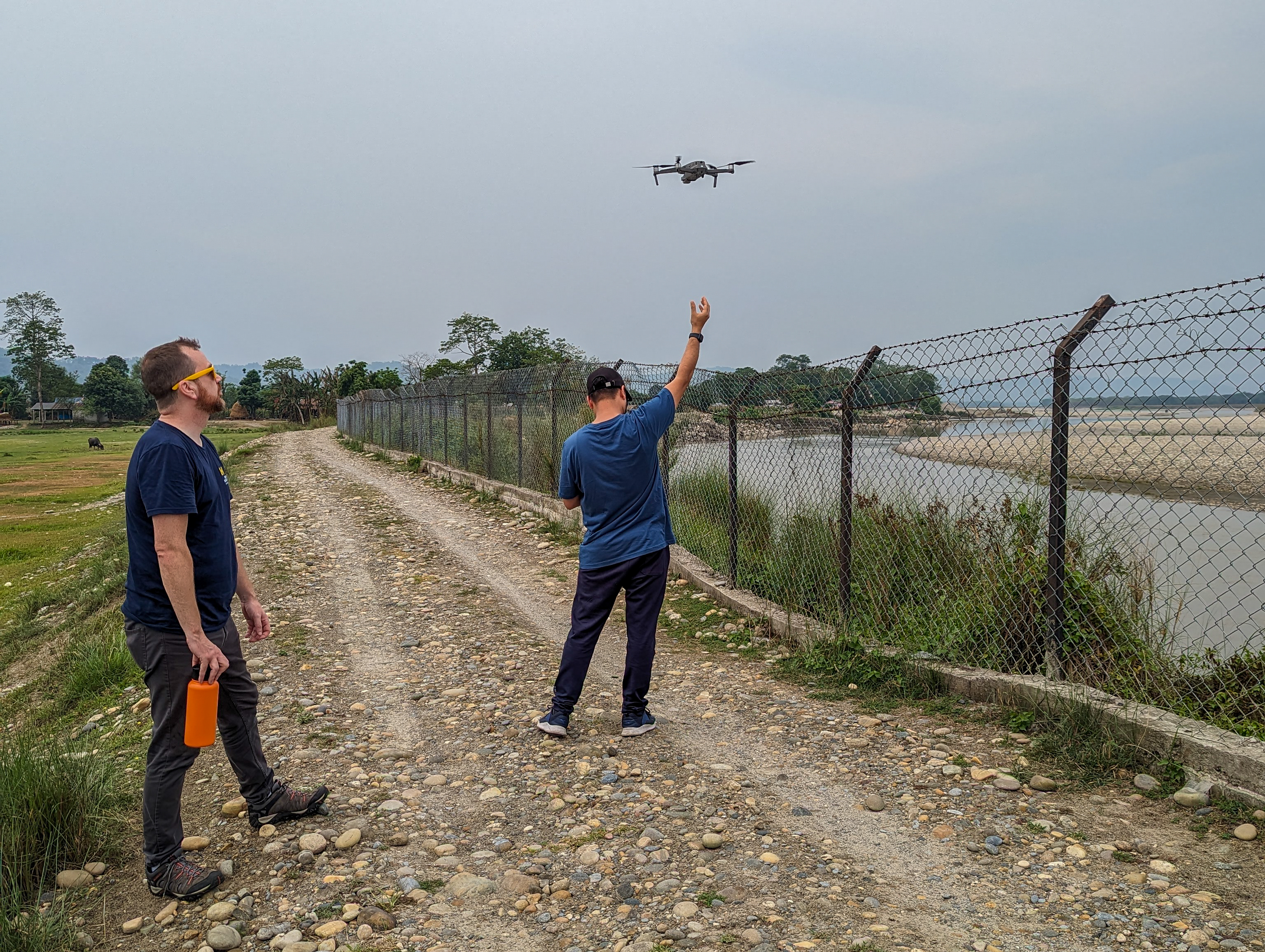
Identifying cumulative consequences of recurrent flooding in Nepal
This project supports research focused on understanding population mobility subject to repeated flooding in regions that are historically unprepared to cope with such events. Repeated, low-attention flood disasters do not receive widespread media coverage compared to larger, catastrophic ones. Low-attention flood events are currently understudied, but their cumulative impacts are likely to compound underlying causes of risk, inequality, and poverty. Furthermore, there is not a good understanding of how they contribute to people's decisions to evacuate, return, or permanently move. By filling the knowledge gap, this study aims to better inform local and regional policymakers responsible for designing policies for mitigation strategies and aid distribution before, during, and after these events.
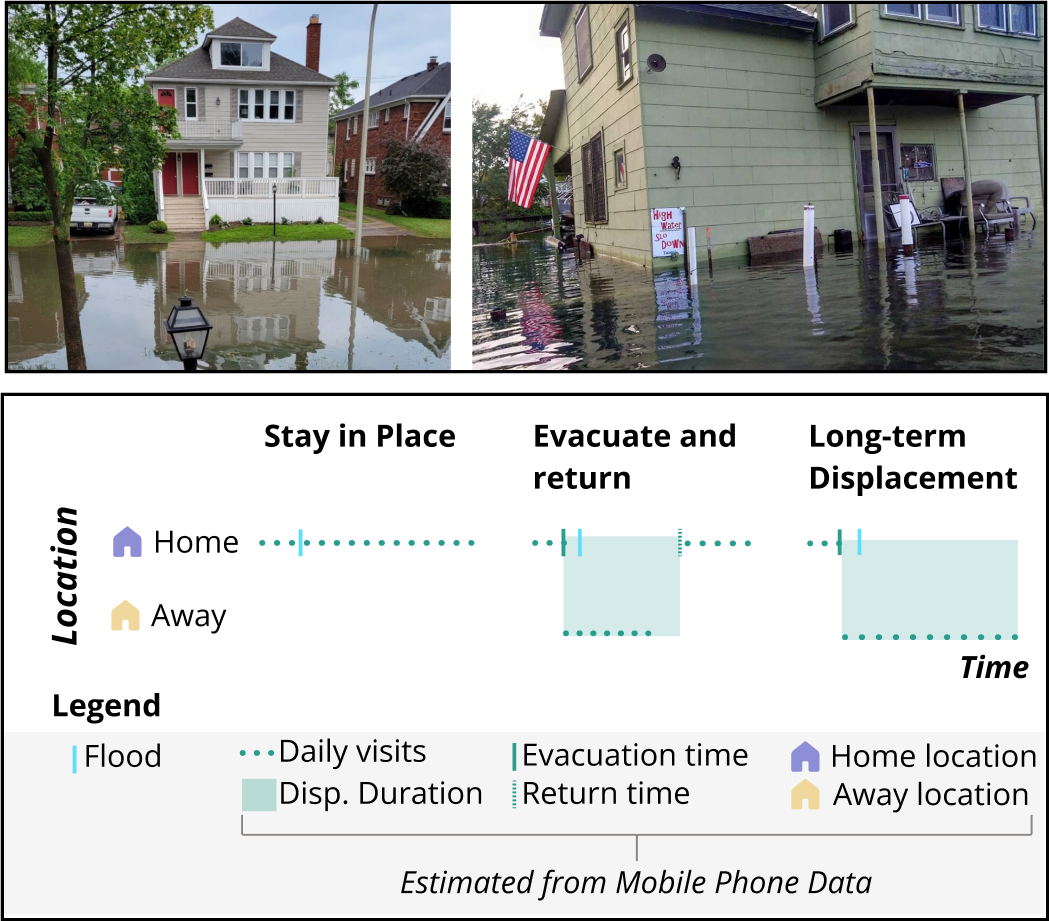
Uncovering the Patterns, Drivers, and Experiences of Population Mobility Due to Low-Attention Flooding
The Himalayan Climate Data Field Lab is a month-long, flexible unconference that will gather scholars, practitioners, activists, community leaders, and storytellers to examine the ways that climate change data and information infrastructures shape adaptation and mitigation in the Himalayan region. Join the Field Lab to co-design, test and produce new ideas, analytic tools, maps, sensing technologies, data protocols, artistic pieces and communication products that address climate change and its impacts, with the aim of creating a more equitable and pluralistic data landscape in the Himalayan region.
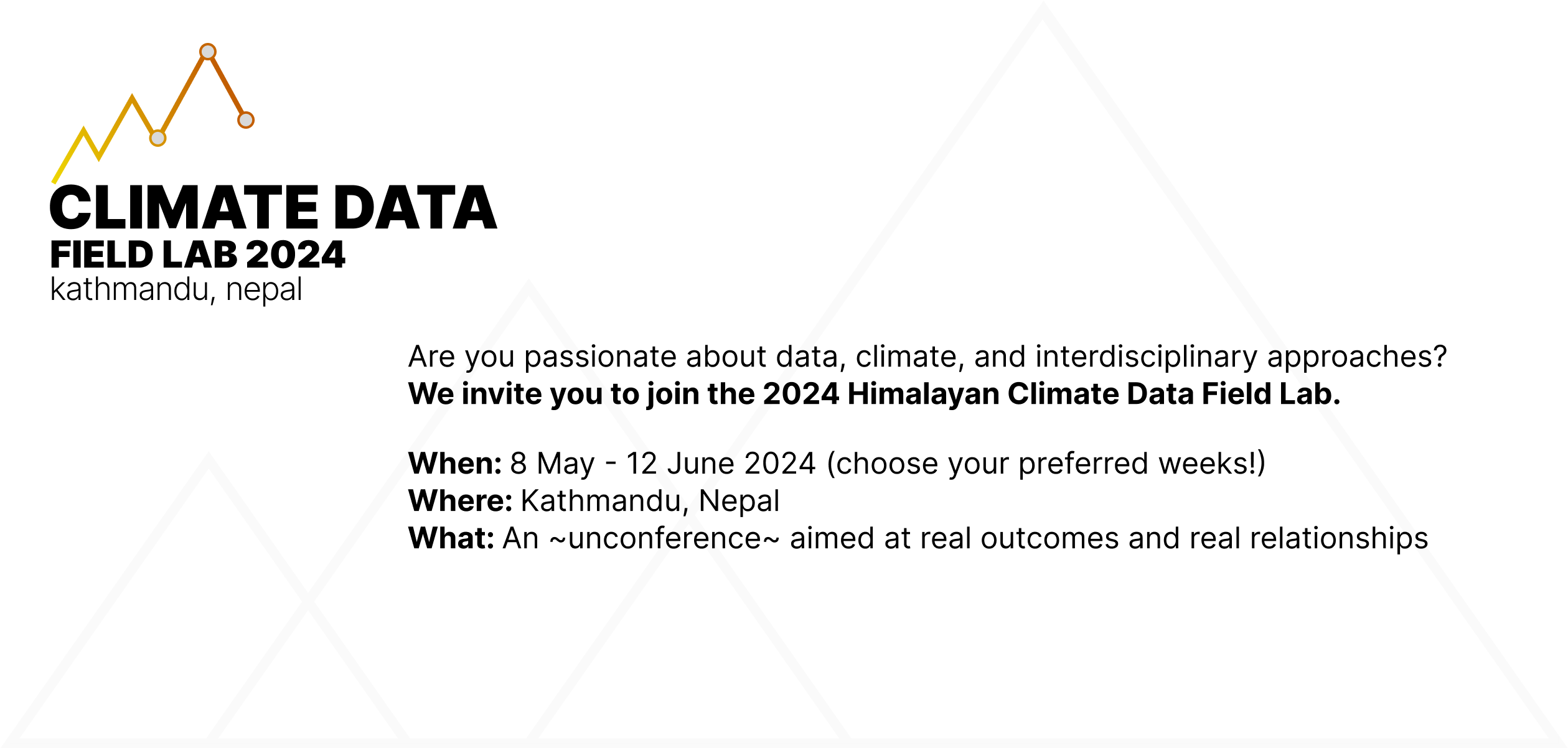
Himalayan Climate Data Field Lab
Who responds (and does not respond) to crowdsourced shaking intensity data, Did You Feel It?
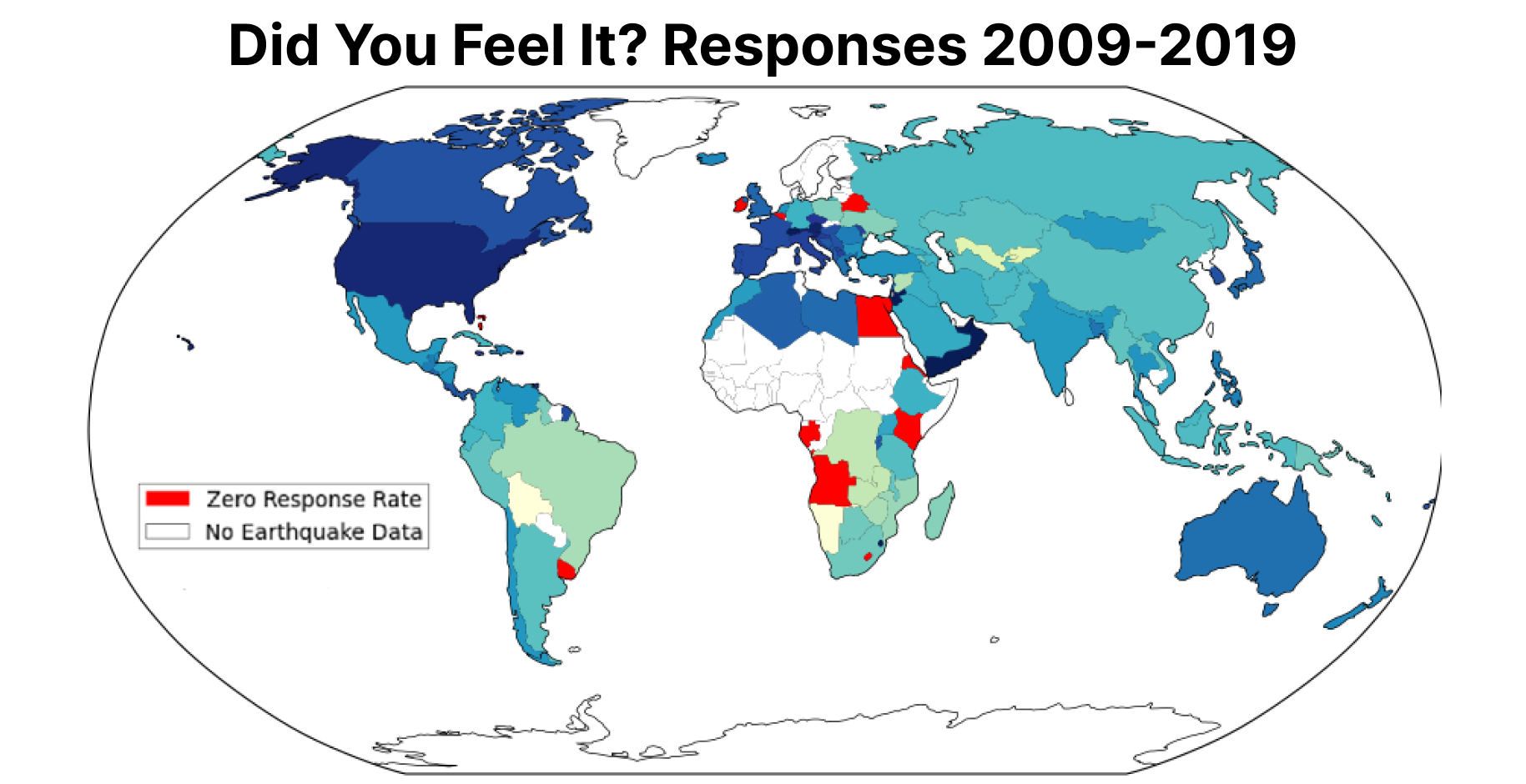
Accessibility of Crowdsourced Shaking Data
In a collaboration between the USGS and the Natural Hazards Center at CU Boulder, we take a human-centered design approach to co-design the update of USGS earthquake impact products to be more actionable and accessible.
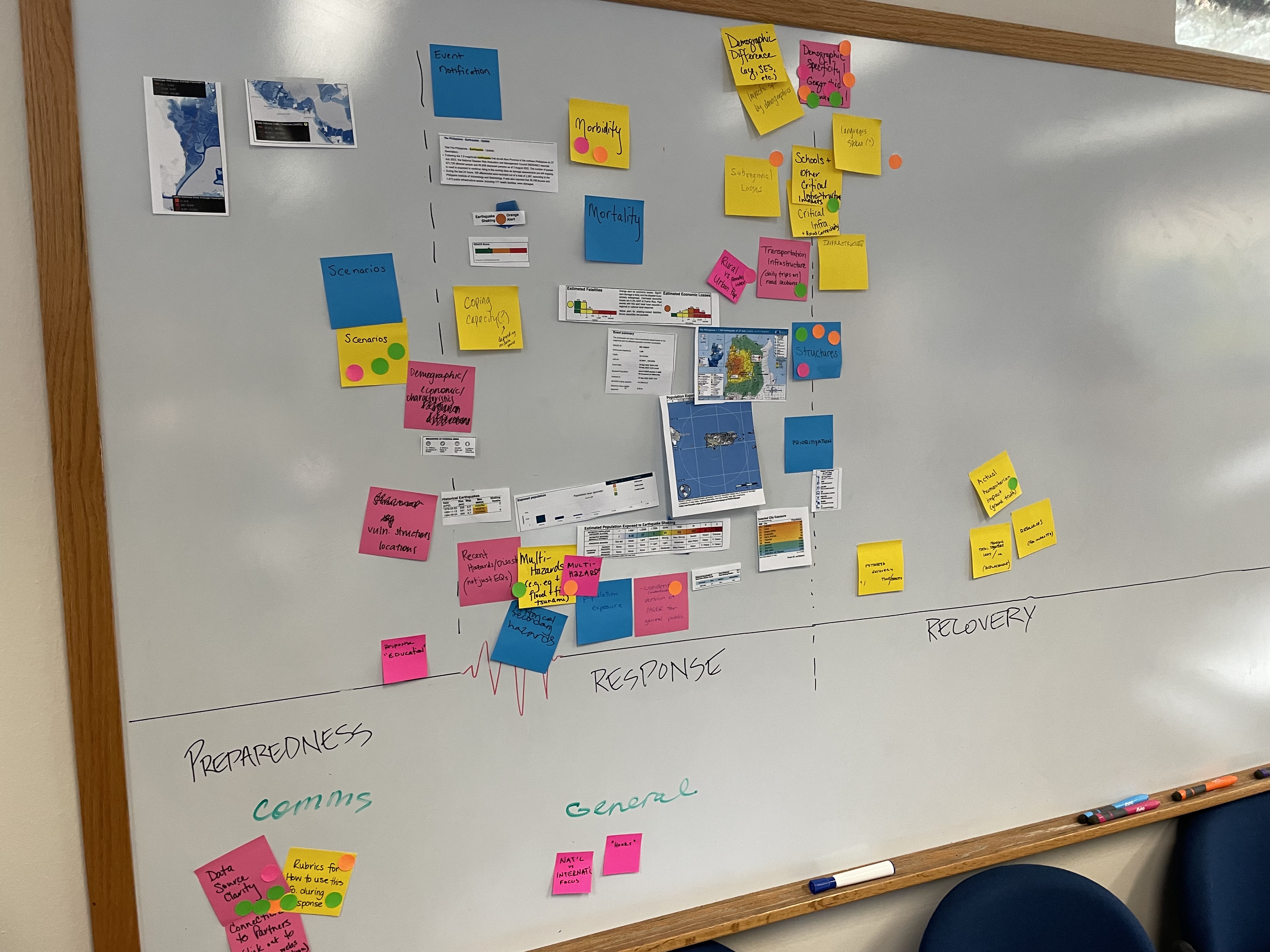
Co-Designing Actionable USGS Earthquake Impact Products to Support Equity-Focused Disaster Management
From remote sensing to crowdsourcing, an overwhelming amount of building damage data is produced after disasters. While this amount of data signifies impressive technological progress, it does not necessarily mean that all building damage data is usable for post-earthquake decision-making. This research applies geostatistical methods to integrate multiple sources of data to produce rapid estimates of building damage, primarily to support regional decision making.
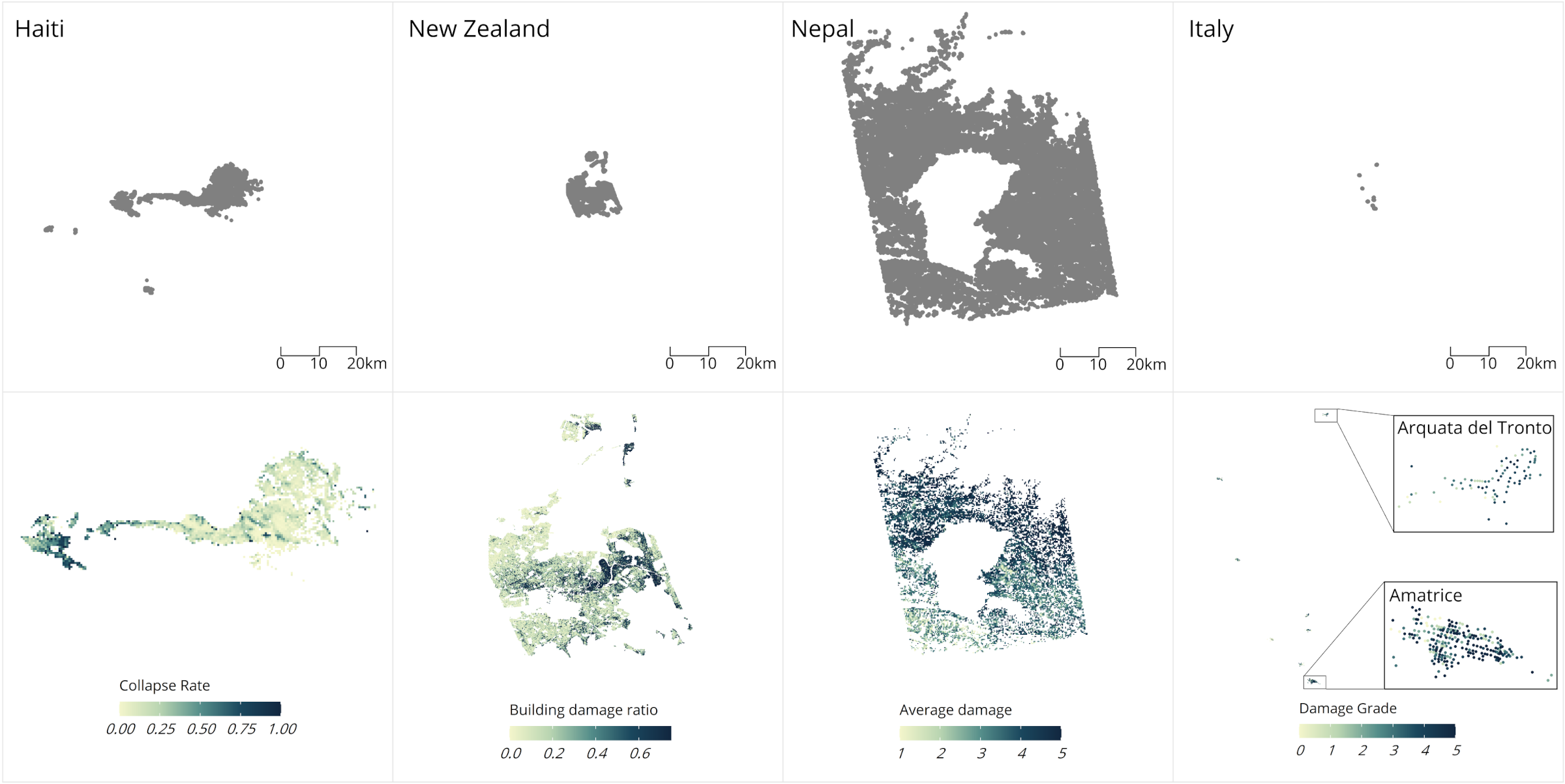
Rapid Building Damage Estimation through Data Integration
Informatics for Equitable Recovery is a transdisciplinary research collaboration that brings together data scientists, engineers, social scientists, and civic organizations to improve post-disaster information systems and decision support tools.
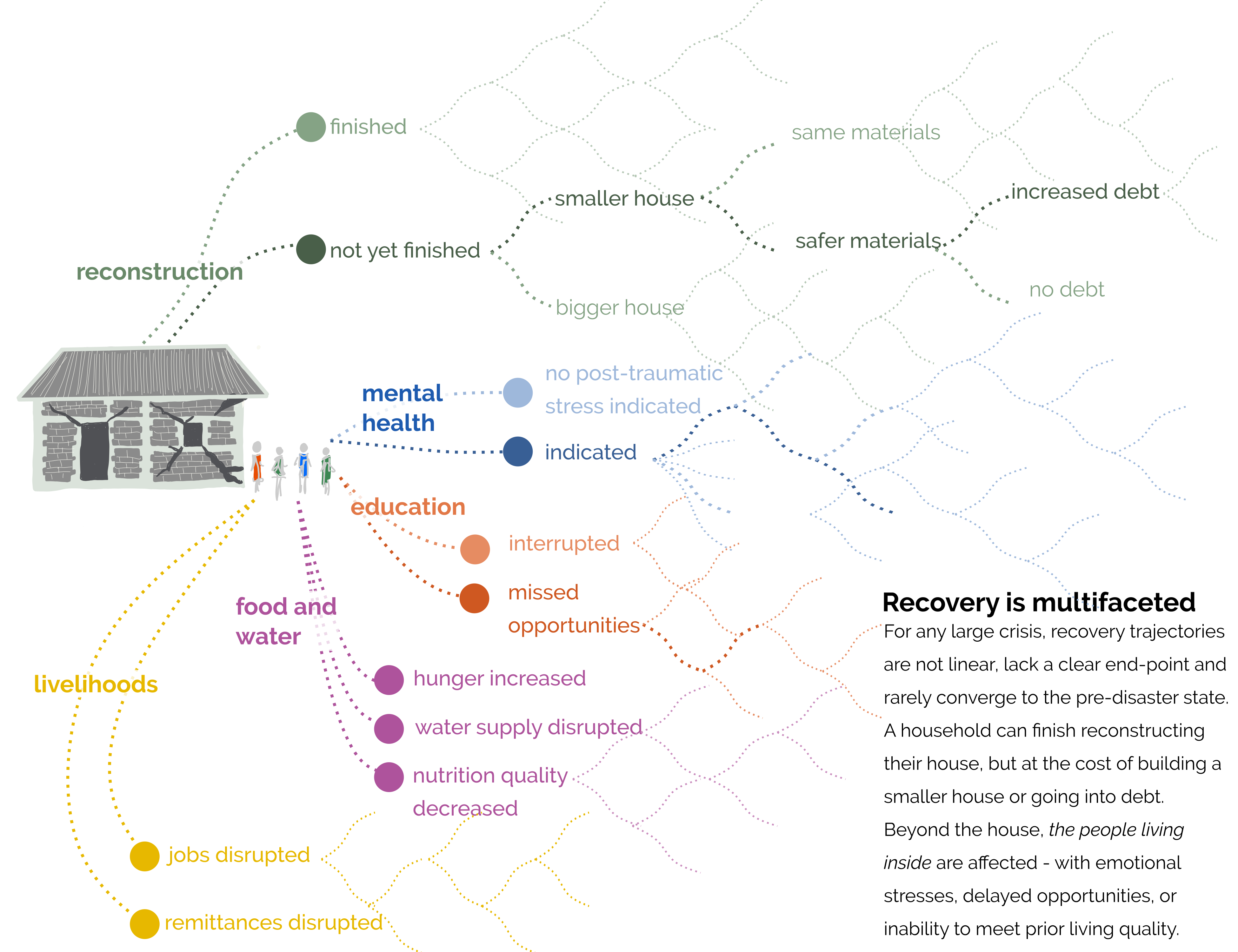
Informatics for Equitable Recovery in Nepal
As a collaboration between the Stanford Urban Resilience Inititative, Heidelberg University, The World Bank, and Humanitarian OpenStreetMap Team, this project compares three approaches to crowdsourcing building damage data using satellite imagery to inform disaster response decisions.
